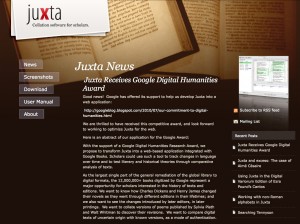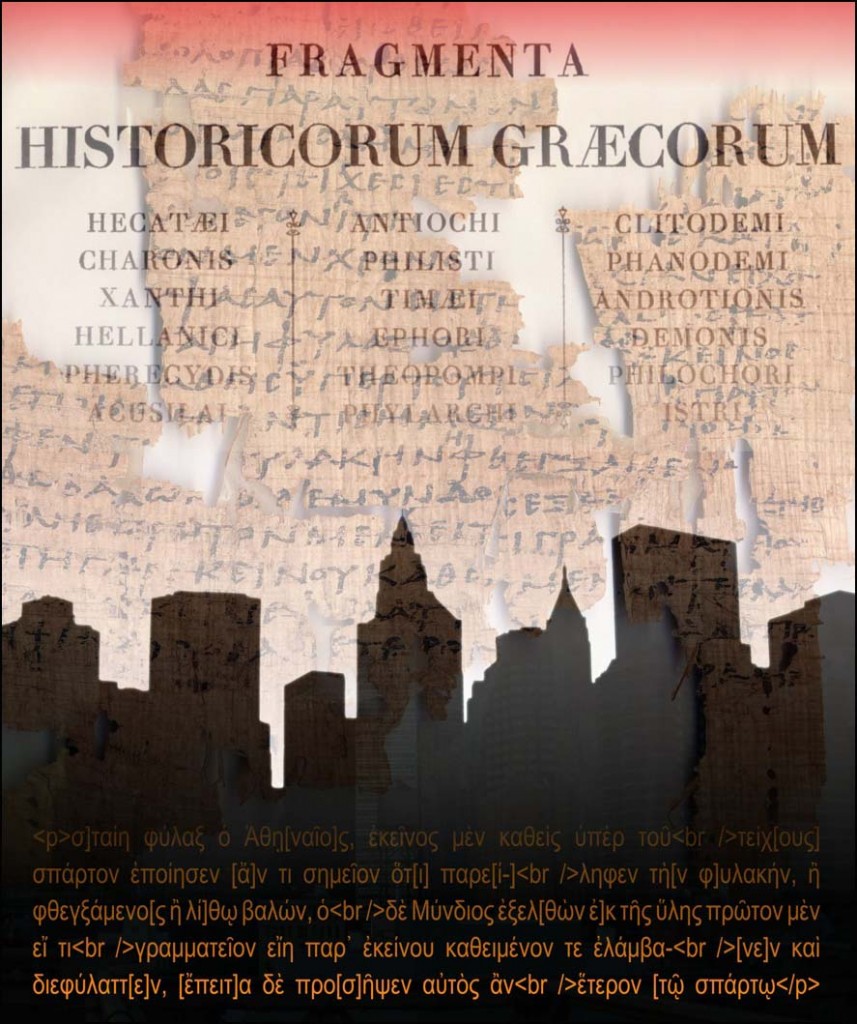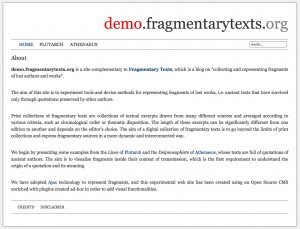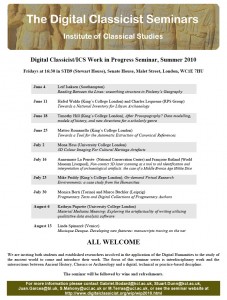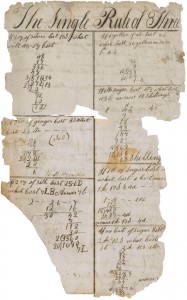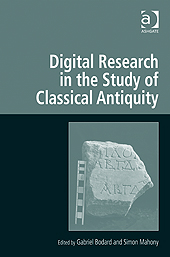 Digital Research in the Study of Classical Antiquity, edited by Gabriel Bodard (King’s College, London, UK) and Simon Mahony (University College London, UK), Ashgate 2010, ISBN 978-0-7546-7773-4 £ 55.00
Digital Research in the Study of Classical Antiquity, edited by Gabriel Bodard (King’s College, London, UK) and Simon Mahony (University College London, UK), Ashgate 2010, ISBN 978-0-7546-7773-4 £ 55.00
This book explores the challenges and opportunities presented to Classical scholarship by digital practice and resources. Drawing on the expertise of a community of scholars who use innovative methods and technologies, it shows that traditionally rigorous scholarship is as central to digital research as it is to mainstream Classical Studies. The chapters in this edited collection cover many subjects, including text and data markup, data management, network analysis, pedagogical theory and the Social and Semantic Web, illustrating the range of methods that enrich the many facets of the study of the ancient world. This volume exemplifies the collaborative and interdisciplinary nature that is at the heart of Classical Studies.
Read the rest of this entry »
Tags: Ashgate, digital humanities, Gabriel Bodard, Simon Mahony

